Apple expands first-party app ratings to Camera, Messages, Photos, more
A month after enabling user reviews for first-party apps, Apple this week expanded the feature to allow ratings for its Camera, Health, Messages, Phone, Photos and Phone software, among others.
In late September, Apple for the first time opened App Store reviews for first-party apps, including titles that come preinstalled on iPhone, iPad and Apple Watch. Considered a major change to its alleged preferential handling of in-house apps, the iOS 15 capability invited often critical feedback of flagship properties.
As noted by developer Kosta Eleftheriou, Apple on Oct. 25 added more of its apps to the list, with users now able to assign star ratings to Camera, Clock, Find Devices, Health, Heart Rate, Messages, Phone, Photos, Safari, Workout and World Clock.
Interestingly, Eleftheriou notes Safari is listed as an app suitable for users aged 4 years old and above, while other web browsers carry a minimum age requirement of 17 and above.
As ratings for the latest batch of Apple apps went live just two days ago, only a few users have assigned scores. Phone leads the pack with 14 ratings and an average score of 4.4 stars, followed by Camera with 13 ratings and a score of 4.2 stars. Safari notches 3.5 stars from 11 ratings, while the Clock, Find Devices, Health, Heart Rate, Photos, Workout and World Clock currently sit at less than 10 ratings each.
Prior to the September change, Apple device owners were limited to rating downloadable apps like the iWork suite, which at one time was for-pay software.
Apple's decision to open ratings for its pre-installed apps is believed to stem in part from increased scrutiny over its App Store business. Governments around the world are investigating the company's App Store guidelines, first-party payment system requirements and restrictions against third-party app stores. Some regulatory bodies are delving into allegations that the company gives preferential treatment to its own apps.
 AppleInsider Staff
AppleInsider Staff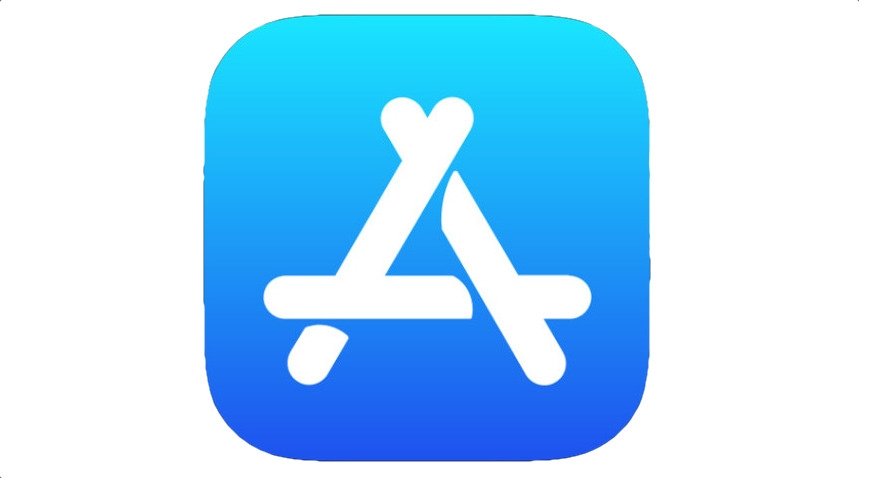



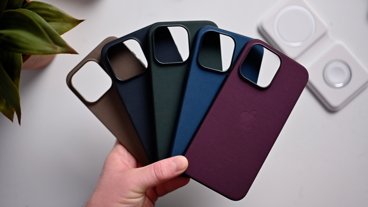






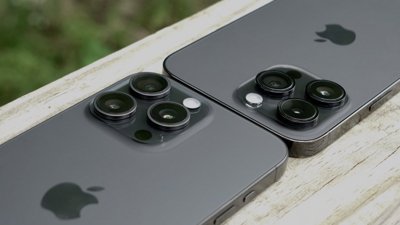
 Mike Wuerthele
Mike Wuerthele
 William Gallagher
William Gallagher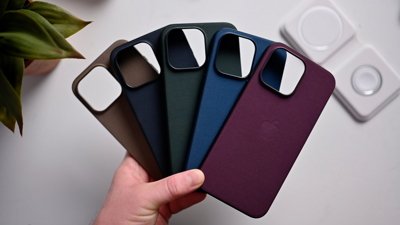

 Andrew Orr
Andrew Orr
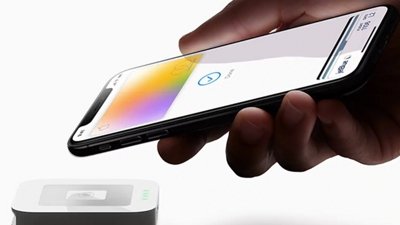
 Marko Zivkovic
Marko Zivkovic
 Malcolm Owen
Malcolm Owen
 Christine McKee
Christine McKee







